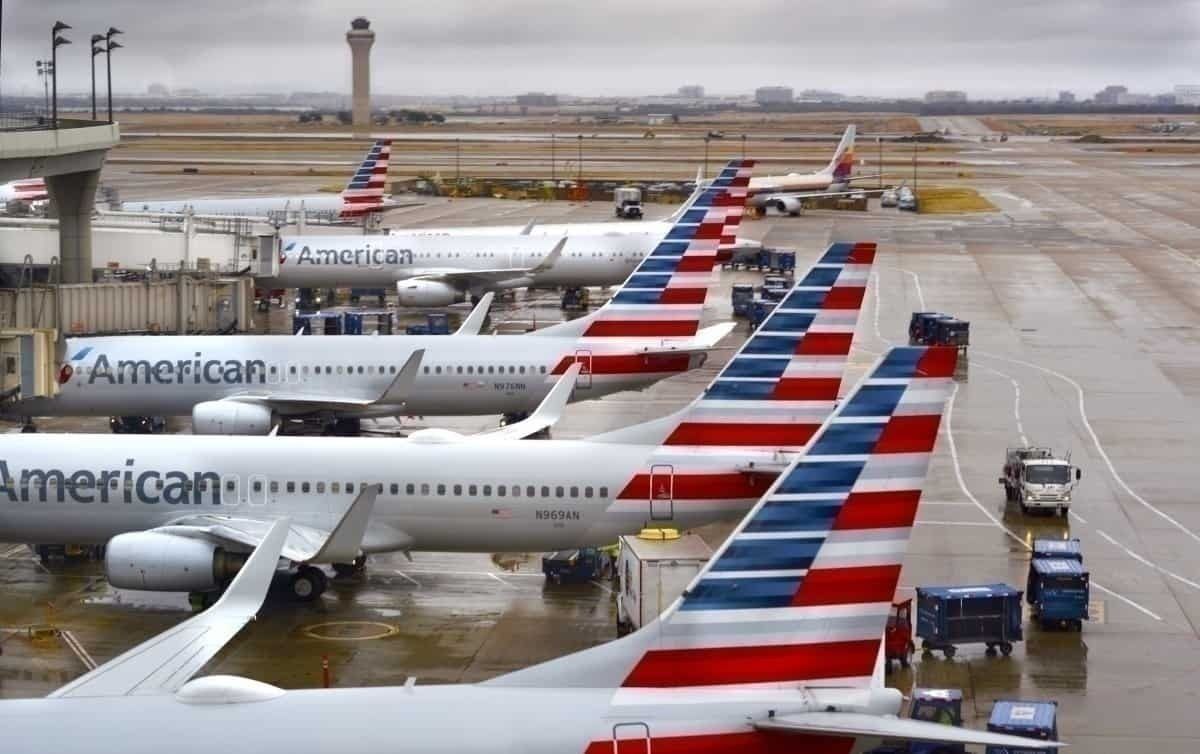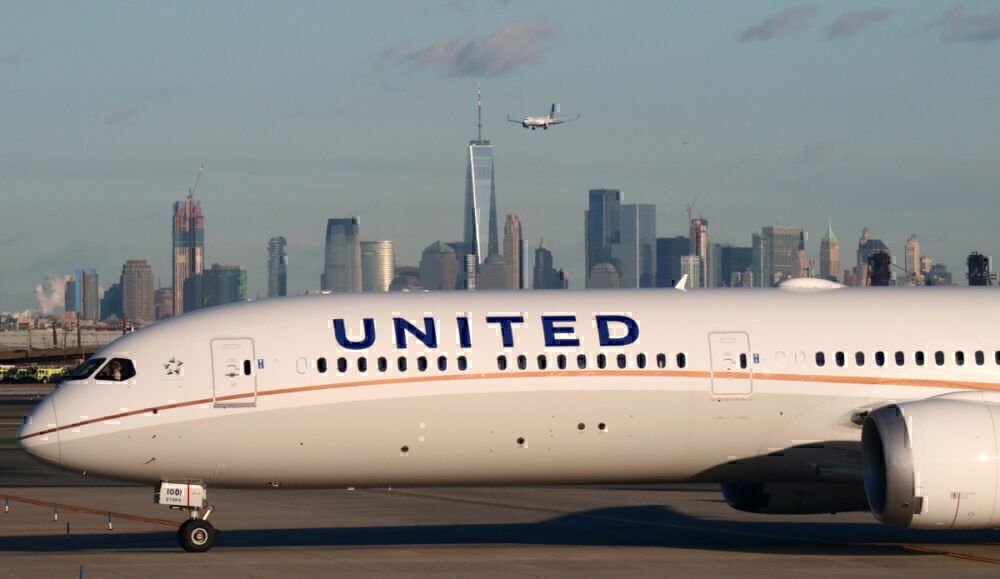In the US, funding for airlines under the CARES Act is scheduled to end tomorrow. The act, passed into law in March, was a $2.2 trillion fund to boost the US economy in the wake of the damage caused by the coronavirus pandemic. The funding has helped to safeguard many jobs in the aviation sector, but what happens when it runs out?
Thousands of jobs could go as CARES ends
The Coronavirus Aid, Relief, and Economic Security Act, also known as CARES, provided assistance for businesses and individuals during the unprecedented global pandemic. For US-domiciled airlines, the program was limited to $25 billion for passenger carriers and $4 billion for air cargo carriers.
Stay informed: Sign up for our daily aviation news digest.
The funding took the form of loans, loan guarantees, and grants, and also included the Paycheck Protection Program (PPP). While PPP hasn’t covered the aviation industry’s entire payroll expenses, there is no doubt that the funding has saved tens of thousands of jobs. In exchange for having most of their payroll costs covered, the airlines had to agree not to impose any involuntary redundancies or furloughs before October.
The deadline for the end of the funding program runs out at midnight on September 30, even though US air travel has only recovered to around a third of pre-coronavirus levels. Without additional support for payroll expenses, many jobs are once again in jeopardy. The CEO of Airlines for America said that up to 100,000 jobs are at risk.
The US carriers, led by American Airlines, Delta Air Lines, and United Airlines, have been fighting hard for a six-month extension to the funding program. They are asking for a further $25 billion in funding to help keep employees in their jobs until March 2021.
How likely is an extension to the CARES Act?
Six airline unions got together in late June to campaign for Congress to extend the payroll program, and their efforts seemed to be paying off. In a letter to Congressional leaders, over 200 members of the House of Representatives urged for the extension to payroll support. Sixteen Republican senators sent a similar letter of support for the extension. The Trump administration is also backing the move.
Despite the bipartisan support, the proposed extension to funding is getting bogged down in wider debates about national COVID-19 relief funding. However, the clock is ticking, and the House of Representatives is set to adjourn on October 2, with Senate following a week later as election campaigning goes into full swing. If a funding extension is not implemented quickly, it looks increasingly unlikely that it will happen at all.
Airlines may be forced to implement layoffs
If an extension to the funding program is not agreed on now, it is unlikely to happen until after November’s election. In that case, the airlines would have no choice but to begin the implementation of furloughs. Airline executives have expressed concerns over the unfairness of a backlog of business in Washington, resulting in the layoffs of thousands of aviation workers.
An extension to payroll support in two months would be a case of better late than never, but it may well be too late for much of the workforce.


